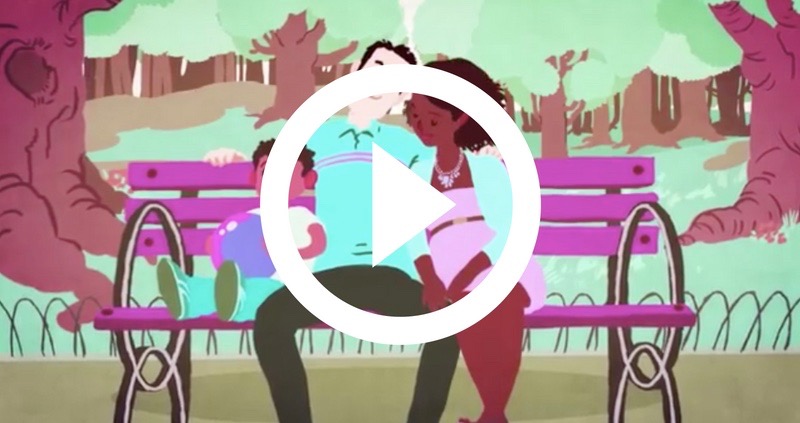
By Jim Fay, founder of Love & Logic Parenting
“I Just Want My Kids to Be Happy”
How many times have you heard, “I don’t care what my child does in his life, I just want him to be happy”? Do you want your kids to have happiness for the short term, or for the long term? Here are some questions that will help you discover if you are preparing your kids for a lifetime of happiness or a lifetime of frustration:
- Do you view frustration and struggle as potentially damaging to your child’s self-concept?
- Do you believe that kids need to do their fair share of the family chores?
- Is your child’s immediate happiness a high priority?
- Are you willing to allow your children to be unhappy with you when they don’t get their way?
- Is it important to you that your kids are never inconvenienced or uncomfortable?
- Do you believe that kids take better care of possessions that they have earned?
- Do you believe that giving your kids the things you never had will make them love you more, and therefore provide long-term happiness?
- Do you believe that achievement born out of effort and struggle is most valuable?
- Do you believe that it is better for kids to wait until they leave the home to learn to struggle and earn what they want in life?
- Do you believe that kids learn about the benefits of struggle and responsibility best through experience?
- Do you believe that parents are responsible for their children’s happiness?
- Do you believe that having to wait for and earn things is good practice for the adult world?
- Do you believe that kids learn about the benefits of effort and responsibility by being told and lectured?
If you answered yes to the even-numbered questions, you have a good chance of raising children who are better prepared for a happier adult life.
If you answered yes to the uneven-numbered questions, the odds are very high that you are raising a child who believes that it is the parent’s job to treat them like royalty.
These are children who are positive in the beliefs that their parents can, and should, solve the problems that the child creates. Their birthright entitles them to have what they want, when they want it, without having to work for it. A lifetime of chronic unhappiness awaits these children. It is very difficult for these kids to look to their own behaviors, decisions, or lack of effort as the source of their problems. Once they see themselves as a victim, chronic unhappiness sets in. These feelings can continue for life, because their expectations of how others should treat them or provide for them are seldom met. They have been given a prescription for unhappiness. In their eyes, everything that goes wrong is someone else’s fault or just the result of bad luck.
For guidance and support in raising your children to be happy, healthy and responsible, sign up for the next webinar series, “Real Love in Parenting” starting Monday, September 10 here.






